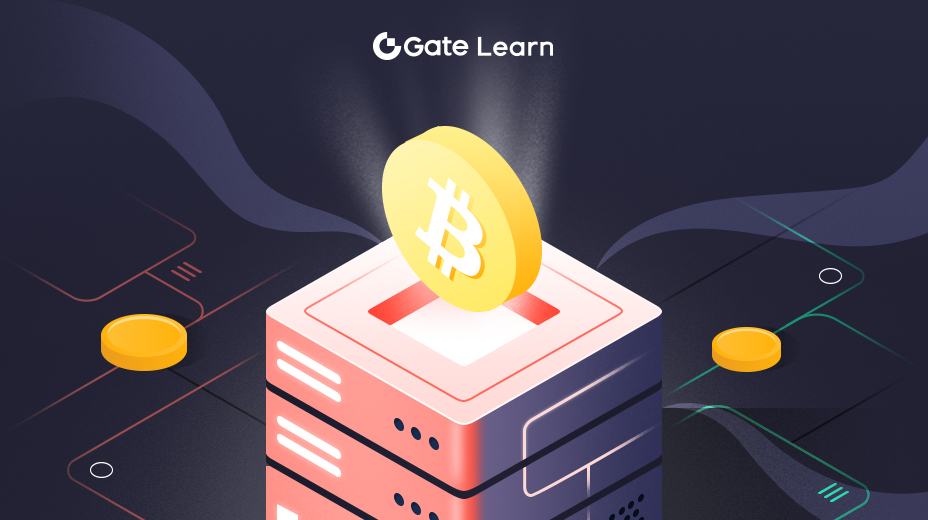第 2 課
Nordek 區塊鏈的技術架構
本模塊深入分析了 Nordek 區塊鏈的技術架構,重點介紹其委託權益證明(DPoS)共識機制、網絡拓撲和節點結構,以及區塊創建、驗證過程和交易吞吐量。
委託權益證明(DPoS)共識機制
Nordek 使用委託權益證明(DPoS)共識機制來實現網絡共識。在 DPoS 中,代幣持有者選舉一定數量的代表(稱為驗證者),由這些驗證者負責驗證交易和生成新區塊。
這一選舉過程設計為民主化,投票權通常與每個參與者持有的代幣數量成正比。選出的驗證者輪流提出和驗證區塊,與傳統的工作量證明(PoW)系統相比,這種方式確保了更可預測和高效的區塊生產過程。

網絡拓撲和節點結構
Nordek 網絡具有多種類型的節點,每種節點執行特定的功能。驗證節點由代幣持有者選舉產生,負責驗證交易和生成新區塊;它們幫助維護區塊鏈的完整性和安全性。完整節點存儲整個區塊鏈賬本,並通過中繼交易和區塊參與網絡,確保網絡保持去中心化並且數據始終可用。輕節點不存儲完整區塊鏈,而是依賴於完整節點提供必要的數據,通常用於資源有限的環境,例如移動設備。
該網絡採用點對點(P2P)拓撲結構,節點之間直接通信,無需中央權威。這種結構增強了網絡的韌性和去中心化特性。
在 Nordek 區塊鏈中,區塊的創建和驗證遵循以下結構化過程:
- 交易廣播:用戶發起交易,交易會在網絡中廣播。這些交易被收集到待處理交易池中。
- 區塊提議:當前輪次的選舉驗證者從交易池中選擇交易,並提出新區塊。
- 區塊驗證:其他驗證者驗證提議的區塊,確保其符合網絡規則並且所有交易都是有效的。
- 區塊添加:一旦大多數驗證者批准該區塊,它就會被添加到區塊鏈中,區塊包含的交易被視為已確認。
Nordek 區塊鏈設計為支持高交易吞吐量。其平均區塊間隔約為 5 秒,從而實現了交易的快速確認。該網絡每秒可處理約 120 筆原生代幣轉賬和 60 筆 TL20 代幣轉賬。原生代幣轉賬處理速度更快,是因為該網絡的虛擬機沒有運行復雜的計算。
要點
- Nordek 使用委託權益證明(DPoS)共識機制,代幣持有者選舉驗證者負責管理區塊生產和交易驗證。
- 網絡由驗證節點、完整節點和輕節點組成,採用點對點拓撲結構,以保持去中心化和增強韌性。
- 區塊創建過程包括交易廣播、驗證者提議區塊、其他驗證者驗證區塊,以及區塊在批准後被添加到區塊鏈中。
- 網絡的平均區塊間隔約為 5 秒,每秒可處理約 120 筆原生代幣轉賬和 60 筆 TL20 代幣轉賬。
免責聲明
* 投資有風險,入市須謹慎。本課程不作為投資理財建議。
* 本課程由入駐 Gate Learn 的作者創作,觀點僅代表作者本人,絕不代表 Gate Learn 讚同其觀點或證實其描述。





